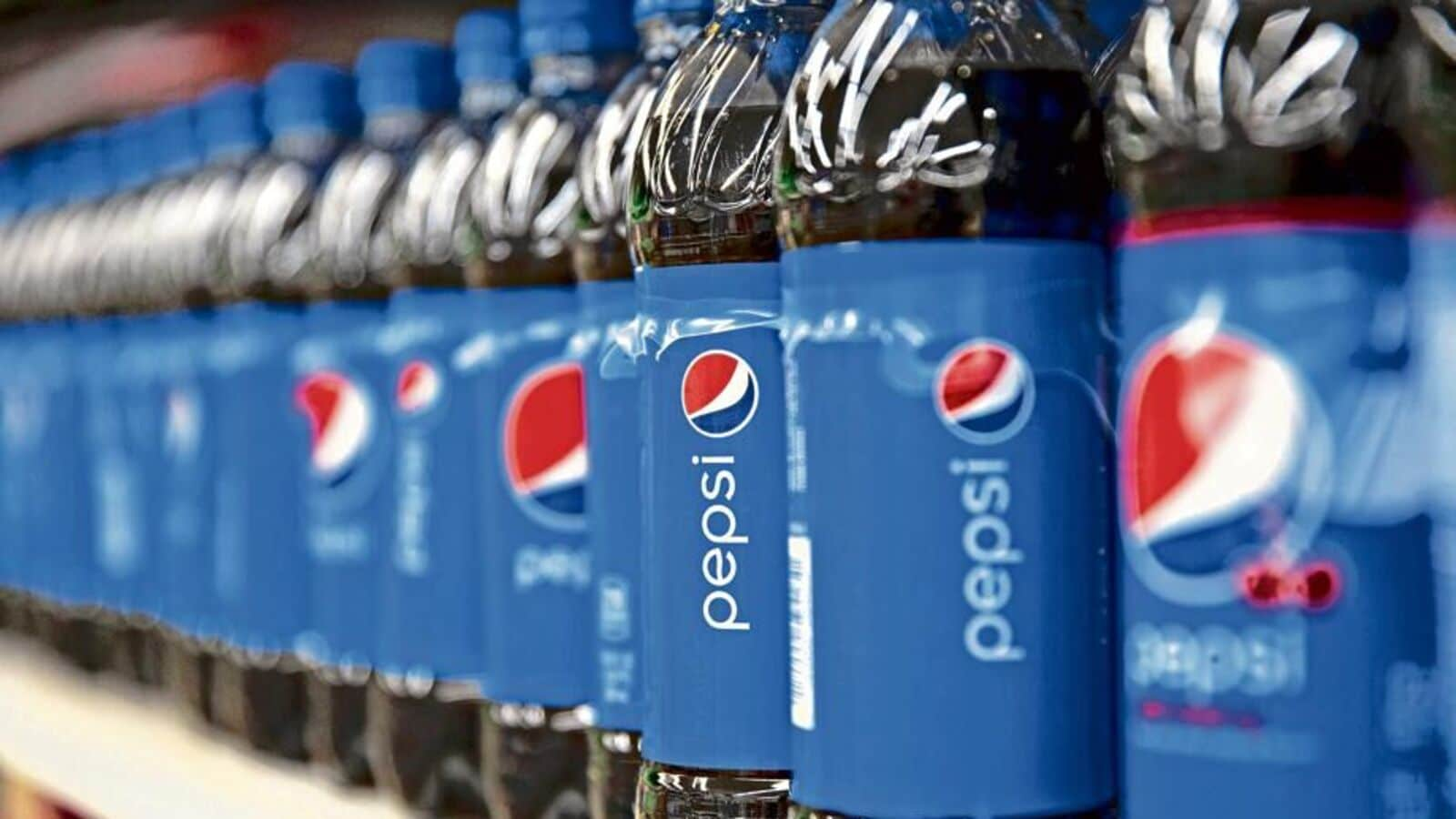PepsiCo Reports Strong Growth in Indian Market Amid Global Challenges
PepsiCo Inc., the parent company of the iconic soft drink brand, Pepsi, has announced significant double-digit organic sales growth in the Indian market for the third quarter of 2024. This notable increase has been reported by news agency PTI on October 8, highlighting the potential of emerging markets as key contributors to the company’s overall performance.
Robust Performance in India and Other Emerging Markets
Ramon Laguarta, the Chairman and Chief Executive Officer (CEO) of PepsiCo, remarked on the “pockets of strength” observed within the International, Southeast Asia, and Indian markets that are “growing nicely.” This optimism reflects not only the resilience of PepsiCo in competitive sectors but also the increasing consumer demand for its products.
In the Indian region, PepsiCo has experienced high-single-digit growth in its beverage and convenience food unit volumes, reinforcing the company’s robust strategy and adaptation to market dynamics. The company’s latest earnings statement also revealed that several developing markets, including India, Egypt, Turkey, Poland, and Vietnam, achieved double-digit organic revenue growth during the third quarter, underscoring significant economic opportunities in these regions.
Market Response and Sales Forecast Adjustments
As a response to performance indicators, PepsiCo’s shares saw a modest increase of 1.22% in the Nasdaq Composite, reaching $169.18 during early trading on the same day. However, despite the strong performance in India, PepsiCo has lowered its sales forecast for 2024 due to declining consumer purchases in major markets such as the U.S. and China. The company faces challenging conditions, with North American sales being described as “subdued,” where organic revenue growth stands at a mere 1.9% in the first three quarters of this year.
The report indicates that beverage sales volumes in North America dropped by 3% this quarter, which is problematic amidst rising competition and shifting consumer preferences. CEO Laguarta cited that inflationary pressures and increased borrowing costs have influenced consumer behavior significantly, altering spending habits across various markets.
Adapting to Changing Consumer Preferences
Amidst rising food prices, consumers are becoming increasingly selective, opting for smaller packages and less frequent shopping trips to convenience stores, which constitute a significant portion of PepsiCo’s beverage sales. This shift in consumer sentiment is a crucial challenge for PepsiCo, necessitating strategic adjustments to product offerings and marketing approaches in order to maintain market relevance.
Looking Ahead: Strategies for Growth
While PepsiCo anticipates strong growth in markets like India and Brazil, slowdowns in consumer spending are evident in China, Mexico, and some European regions. To counteract these pressures, PepsiCo has globally implemented a price increase of 3%, although this move resulted in a 2% decline in sales volumes. This pricing strategy aims to balance the company’s revenue while navigating the complexities of a varied global market landscape.
Financial Overview
Despite the challenges, PepsiCo’s third-quarter revenues remained stable at $23.3 billion. However, net profits witnessed a decline of 5%, totaling $2.9 billion or $2.13 per share. This financial snapshot illustrates the ongoing balancing act PepsiCo must perform in a rapidly evolving marketplace, where strategic foresight and agility are essential for sustaining growth.












